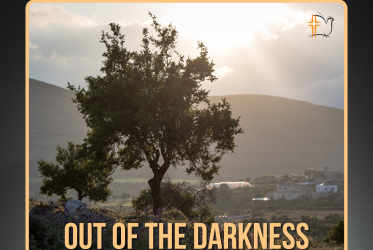Displaying 101 - 120 of 19413
28 March 2024
2024 Joint North-South Korea Easter Prayer
28 March 2024
WCC expresses deep concern for human rights in Haiti
28 March 2024
WCC met with Rainbow Pilgrims Group
27 March 2024
Stimmen der Standhaftigkeit inmitten der Zerstörung
25 March 2024
Compêndio De Práticas Promissoras de intervenções de comunidades religiosas africanas contra o HIV em crianças e adolescentes
Sumário Executivo
23 March 2024












